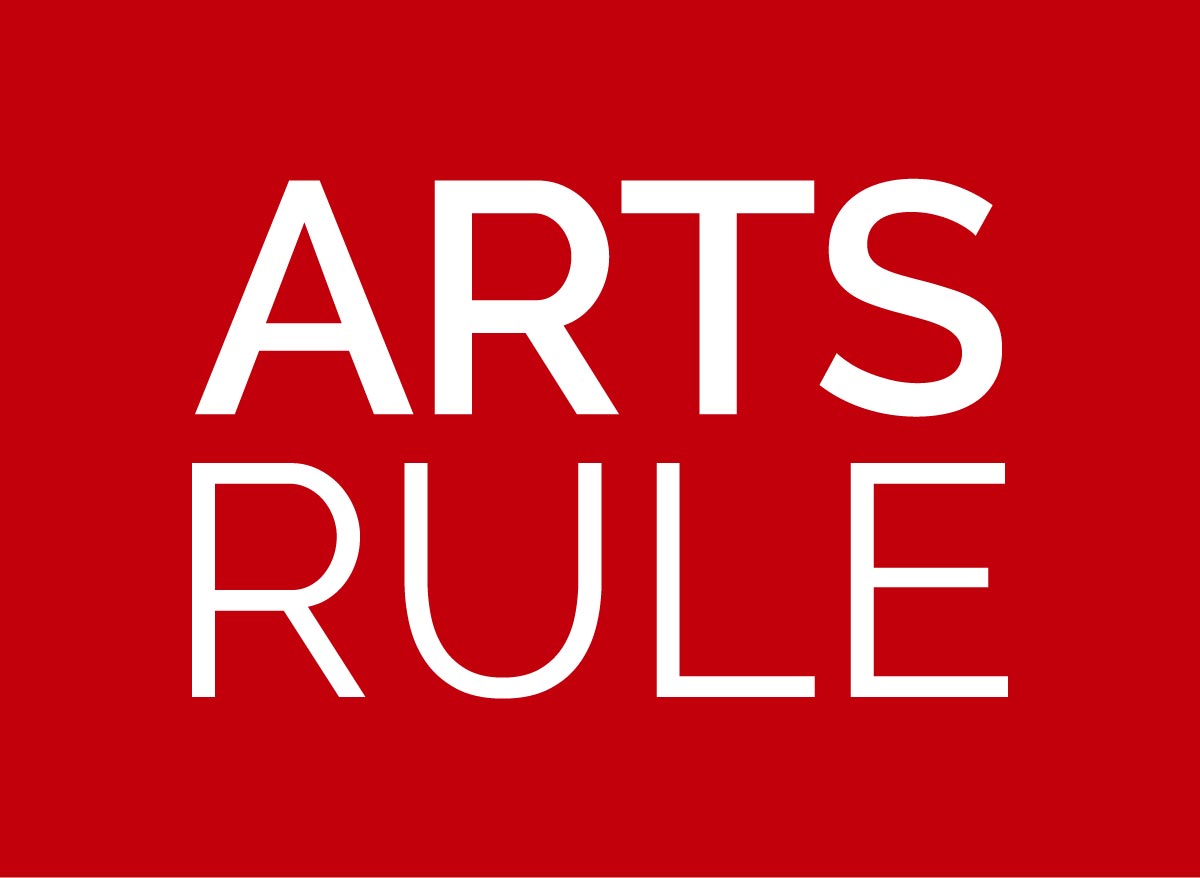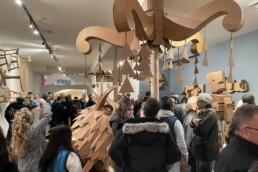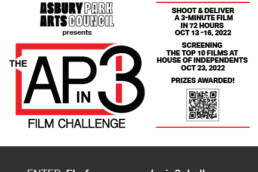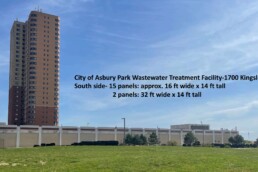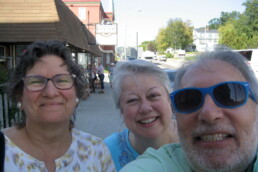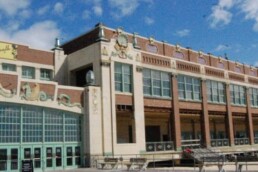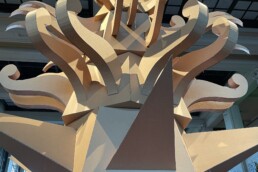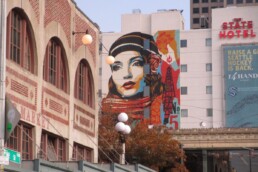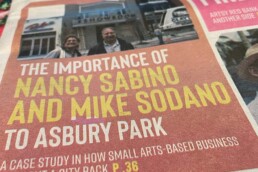
In order for us to look at arts-centric cities, one first has to define what it is we’re talking about.
According to the Eden Gallery, a global network of high end art galleries with multiple locations across the globe, for the most part, “art falls into pretty much seven classical forms: painting, sculpture, literature, architecture, cinema, music, theater.”
If these are the forms of art that enrich our everyday lives, how many are needed to have a city be considered ‘arts-centric’?
What helps creates the perception, either internally or externally, that a city is driven by the arts?
How does one quantify what percentage of a city’s economy is derived from the arts and its art “halo” effect?
Is it more about a vibe and less how much income is generated by the arts?
How do people who live in arts-centric towns feel about their city?
How do the local officials support their city’s focus on the arts?
How do arts-centric cities deal with the popularity brought about by the arts?
These are just some of the discussion points we’ll be exploring throughout these pages in upcoming installments. Stay tuned.
